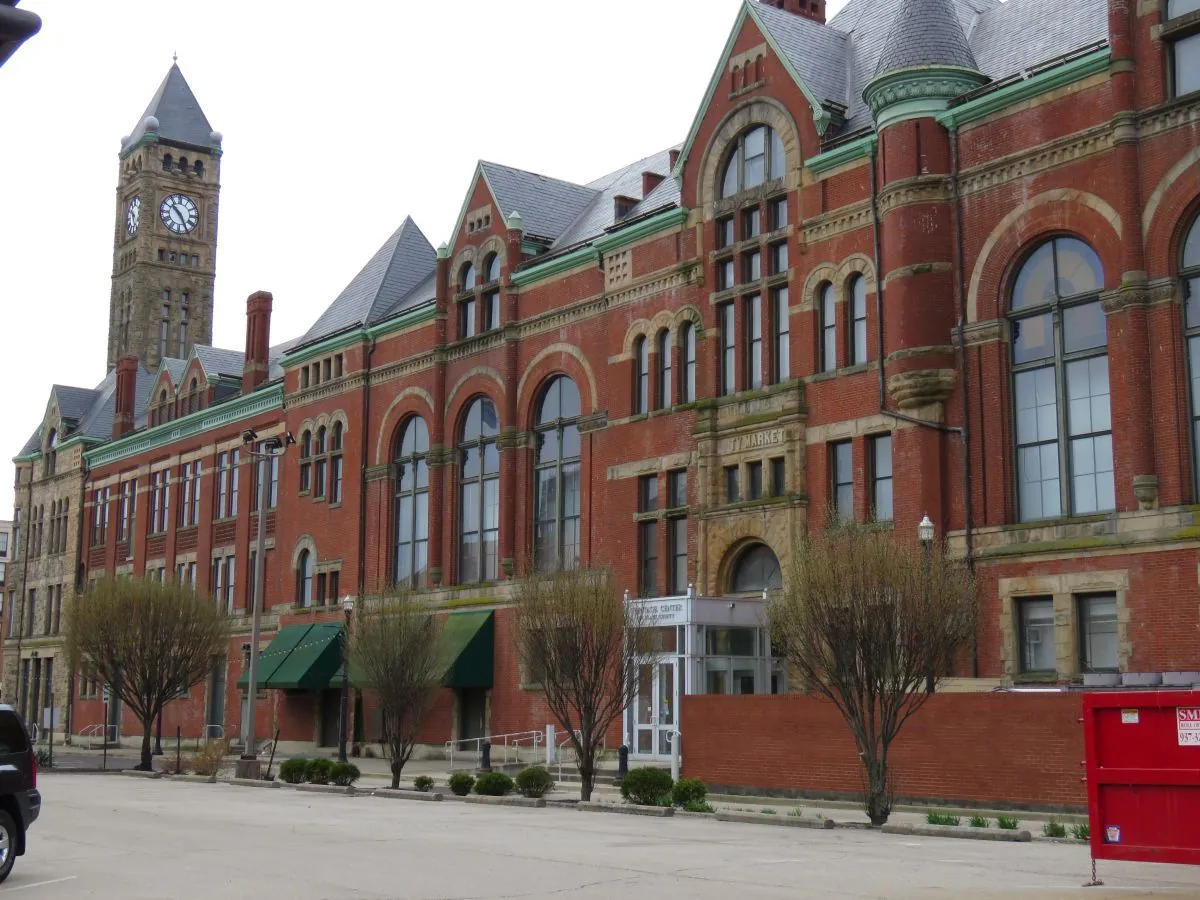Springfield, Ohio: Caught in Political Crossfire Over Immigration Claims
Baseless rumors about Haitian immigrants in Springfield, Ohio, escalated into a national controversy. The city now faces threats and disruptions as politicians amplify unverified claims for political gain.

In recent months, Springfield, Ohio, a city of approximately 58,000 residents located 45 miles west of Columbus, has found itself at the center of a contentious national debate on immigration. The controversy began with unfounded rumors about Haitian immigrants, which quickly spiraled into a political firestorm with far-reaching consequences for the local community.
The sequence of events unfolded as follows: During the summer of 2023, baseless claims emerged suggesting that Haitian immigrants in Springfield were engaging in theft and consumption of residents' pets. These rumors, despite lacking any factual basis, gained traction on social media platforms and caught the attention of right-wing extremists.

National media outlets, including NPR and the New York Times, initially reported on Springfield's situation as a microcosm of the broader immigration debate. However, the narrative took a dramatic turn when a Facebook post alleging a fourth-hand account of a stolen cat went viral within right-wing social media circles.
Senator JD Vance of Ohio and former President Donald Trump seized upon these unverified claims, amplifying them during a recent presidential debate. This high-profile attention catapulted Springfield into the national spotlight, but with severe repercussions for the local community.
"We've had bomb threats the last two days. We've had personal threats the last two days, and it's increasing, because the national stage is swirling this up. Springfield, Ohio, is caught in a political vortex, and it is a bit out of control."
The escalation of the situation led to a series of bomb threats, forcing the closure of schools and other facilities in Springfield. A community festival was canceled, and individuals within the city received personal threats. These incidents highlight the real-world impact of political rhetoric on local communities.
Senator Vance has attempted to justify his amplification of these unverified claims by arguing that they bring attention to what he perceives as the real issue: the strain posed by immigrants on local resources. However, this stance overlooks the fact that reputable news outlets had already been reporting on Springfield's immigration-related challenges before the pet-eating rumors gained traction.
In a recent event in Sparta, Michigan, Vance made additional claims about the bomb threats, stating that they were all hoaxes originating from foreign countries. However, this assertion was later contradicted by a representative of Ohio Governor Mike DeWine's office, who confirmed that while many threats originated overseas, not all did.
It's worth noting that Springfield, founded in 1801, has a rich history as a stop on the Underground Railroad and has long been home to a diverse population. The city, which was once a thriving industrial center, has faced economic challenges in recent decades due to deindustrialization. These factors provide important context for understanding the community's current situation and its vulnerability to becoming a focal point in national political debates.
As Springfield grapples with the fallout from this controversy, the incident serves as a stark reminder of the potential consequences when unverified claims are amplified for political gain. The city's residents now find themselves caught between national political narratives and the reality of their daily lives, highlighting the complex interplay between local communities and broader political discourse.


































